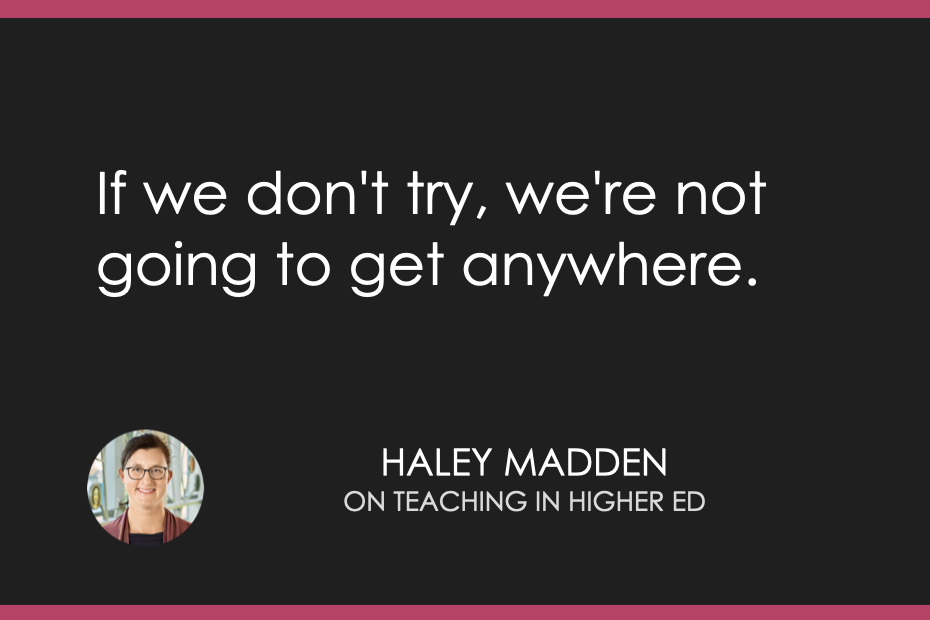
 Teaching in Higher Ed
Teaching in Higher Ed Preparing Students to Engage in Equitable Community Partnerships
Nov 14, 2024
Cory Sprinkel and Haley Madden, experts in community-engaged scholarship at the University of Wisconsin-Madison, discuss essential strategies for preparing students to participate in equitable community partnerships. They emphasize the transformative power of community engagement and the importance of teaching empathy and soft skills. The conversation highlights the necessity for thoughtful preparation to avoid student inadequacies, learning from failure, and the integration of social responsibility in education. Ultimately, it’s about cultivating better individuals for stronger communities.
Chapters
Books
Transcript
Episode notes









